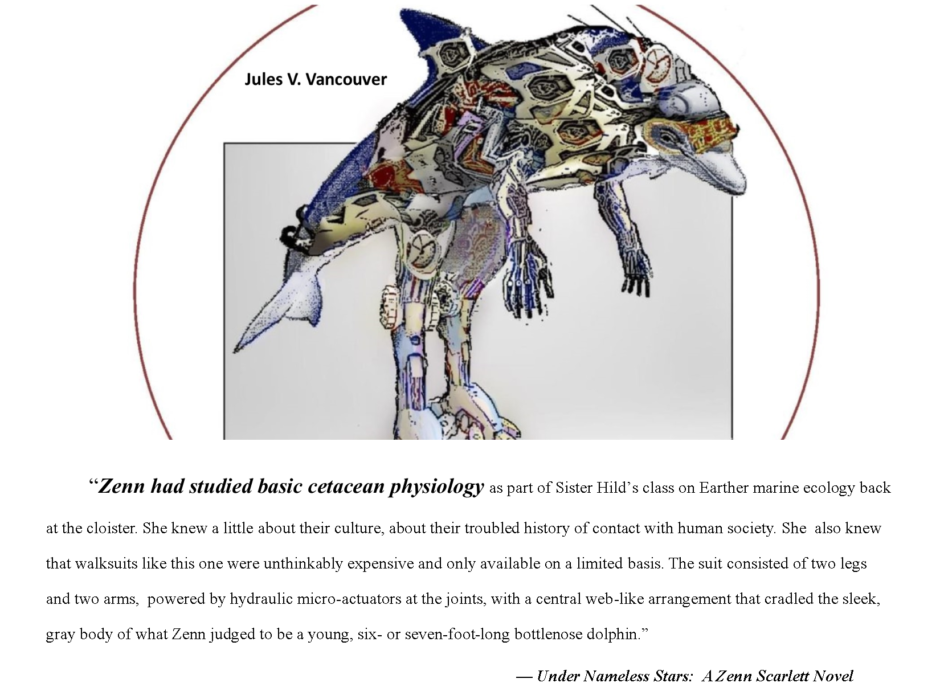Here’s some word-parsing (and worse…) re: the astro- exo- conundrum from a few different sites. Lots of overlap, I gotta say. But in the end, Cornell sorts it out for us.
From the Astrobiology Web site:
http://www.astrobiology.com/how.to.html
Astrobiology seeks to understand the origin of the building blocks of life, how these biogenic compounds combine to create life, how life affects – and is affected by the environment from which it arose, and finally, whether and how life expands beyond its planet of origin. None of these questions is by any means new – but for the first time since they were posed, these questions may now be answerable. Astrobiology seeks to provide a philosophical and programmatic underpinning whereby life’s place in the universe can be explored – at levels of inter-related complexity ranging from molecular to galactic.
From the NASA site:
http://exobiology.nasa.gov/ssx/exobiology.html
Exobiology
The goal of NASA’s Exobiology program is to understand the origin, evolution, and distribution of life in the universe. Research is focused on tracing the pathways taken by the biogenic elements, leading from the origin of the universe through the major epochs in the evolution of living systems and their precursors. These epochs are 1) The cosmic evolution of the biogenic compounds, 2) prebiotic evolution, 3) the early evolution of life, and 4) the evolution of advanced life.
And from the laughably useless wiki (even a quick read of their def of astrobiology reveals serious contradiction. No wonder people are confused….):
http://en.wikipedia.org/wiki/Astrobiology
Astrobiology is the study of the origin, evolution, distribution, and future of extraterrestrial life. This interdisciplinary field encompasses the search for habitable environments in our Solar System and habitable planets outside our Solar System, the search for evidence of prebiotic chemistry, laboratory and field research into the origins and early evolution of life on Earth, and studies of the potential for life to adapt to challenges on Earth and in outer space. Astrobiology addresses the question of whether life exists beyond Earth, and how humans can detect it if it does.[2](The term exobiology is similar but more specific — it covers the search for life beyond Earth, and the effects of extraterrestrial environments on living things.)
And finally, from the thoughtful people at Cornell, the common sense answer – at least, the one I’m going with until someone gives me a good reason not to…
http://www.astro.cornell.edu/academics/courses/astro1102/lectures/lecture38-exobio1.pdf
Exobiology, also called astrobiology, is the study of the origin, distribution, and ultimate fate of life in the Universe. There are several other places in the Solar System besides the Earth where it is reasonable to search for evidence of life.
Exobiology
Exobiology (or astrobiology) is the study of life in the Universe:
– Origin of Life.
– Distribution of Life.
– Ultimate Fate of Life.
Exobiology today is an extrapolation from the one known example (Earth life), using the basic principles of chemistry & physics.
A future post will deal definitively with the befuddling “sci fi, SF, science fiction” issue.
